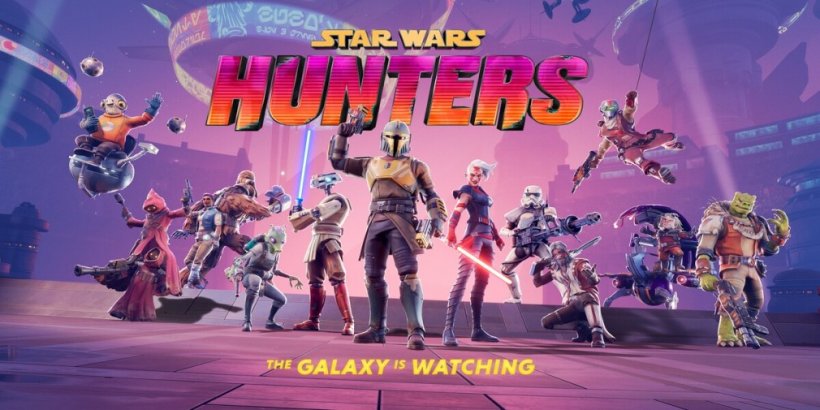
Monopoly GO's Microtransactions: A $25,000 Cautionary Tale
A recent Reddit post highlighted the potential financial pitfalls of in-app purchases, detailing a 17-year-old's staggering $25,000 expenditure on Monopoly GO microtransactions. This free-to-play game's monetization strategy, heavily reliant on microtransactions, has once again sparked debate about the industry's practices and consumer protection.
The teenager's substantial spending isn't an isolated incident. Other users have reported spending thousands, illustrating the addictive nature of these incremental purchases. While the game itself is free, unlocking rewards and accelerating progress often requires significant in-app spending.
A step-parent's plea for advice on recovering the $25,000 spent across 368 transactions met with grim responses. Many Reddit users pointed to Monopoly GO's terms of service, which typically hold players responsible for all purchases, regardless of intent. This mirrors the business model of many freemium games, a strategy exemplified by Pokemon TCG Pocket's impressive $208 million first-month revenue generated through microtransactions.
The Ongoing Debate Surrounding In-Game Microtransactions
The Monopoly GO incident is far from unique. In-game microtransactions have faced considerable criticism. Lawsuits against game developers like Take-Two Interactive (over NBA 2K's microtransaction system) underscore the ongoing controversy. While this specific Monopoly GO case may not reach the courts, it reinforces concerns about the potential for significant, unintended spending.
The industry's reliance on microtransactions is undeniable; they are exceptionally lucrative, as evidenced by Diablo 4's over $150 million in microtransaction revenue. The ease of encouraging small, repeated purchases, rather than a single large purchase, contributes to their profitability. However, this same characteristic fuels criticism, as these models can be subtly manipulative, leading players to spend far more than initially intended.
The Reddit user's predicament serves as a stark warning. Recovering the funds is unlikely, underscoring the importance of parental controls and mindful spending habits when engaging with games featuring microtransactions. The case highlights the need for increased transparency and stronger consumer protections within the gaming industry.
 Home
Home  Navigation
Navigation






 Latest Articles
Latest Articles










 Latest Games
Latest Games












